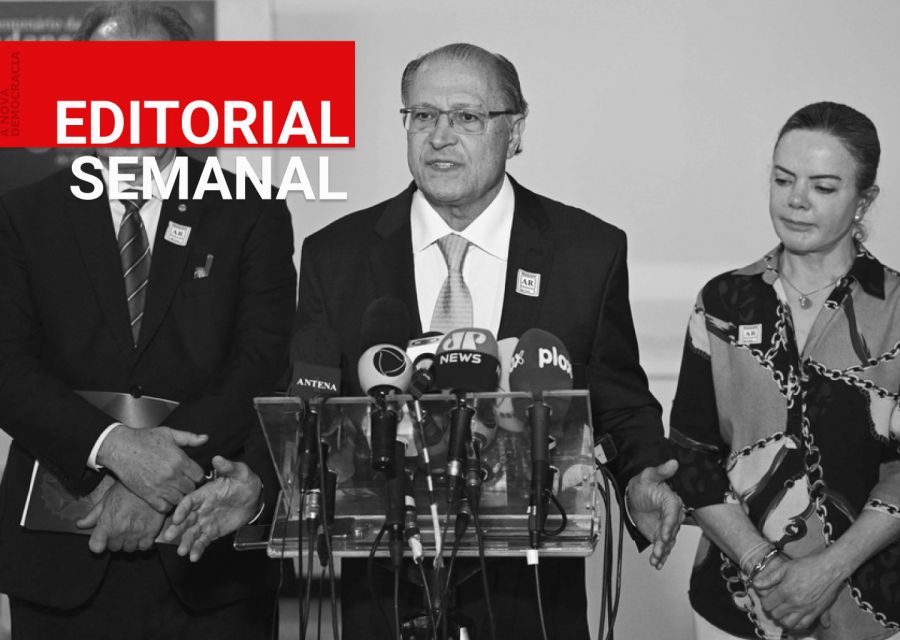AND Weekly Editorial – After the ‘party’, comes the hangover
Editorial Staff of AND
09 November 2022
Weekly Editorial – After the ‘party’, comes the hangover

Photo: EVARISTO SA / AFP
With the election of Luiz Inácio and the initiation of the transition with the cry of a coup, the immediate risk of institutional rupture by Bolsonarism is losing ground, but the threats continue. Meanwhile, the “champions of (bourgeois) democracy,” the press monopolies, their columnists, and the defenders of the “market god” have come back to reality when they see the magnitude of the crisis and the challenges to maintain the old order in crisis in the coming years.
In editorials, the same scoundrels of the press monopolies that trumpeted the victory of the PT as “the resurrection of democracy” already point their artillery to impose the government program of the liberal right on the elected, counting on the support of the very forces that from within the government put pressure on Luiz Inácio. The crisis that will worsen is of such magnitude that the new government, which has not even taken office yet, has to deal with the rough political terrain in which it has been placed.
The Transition Pact (which could become a Provisional Measure), discussed by the new government’s transition team with Congress, intends to impose a fiscal deficit of up to R$ 200 billion, above the “spending cap” (a stony clause of the establishment of the ruling classes) in order to signal that the new government’s promises will be kept to a minimum, so that it doesn’t burn itself out right away. After all, those at the top are all in agreement with such compensatory measures, since they are a salvation measure to avoid spilling the hot broth once and for all.
This is demagogy, pure and simple, which cannot be covered up at all. The new government is clear that in the coming months and years, or perhaps in the next four years, it will have to carry out draconian attacks against the fundamental rights and interests of the popular classes, in order to satisfy the sacred interests of the dominant classes, principally those of an imperialist system in deep crisis, and to appease the traditional right wing that accosts it from within the government. Hence, in order not to demoralise the impoverished masses, it is necessary to begin the government by fulfilling one of its promises. But not even for all these reasons does the so-called “financial market” stop making noises – echoed by the editorials of the press monopolies – forces with which the elected president has committed to stabilizing “public accounts” and “attracting foreign investments” (imperialists).
Finally, the next government, having promised to meet the minimum demands of the people, but already compromised, in the first place, with imperialism, the big bourgeoisie and local landowners, will have to act like a tightrope walker so as not to fall off the rope and demoralize itself once and for all. Once the “party of democracy” is over, the false opportunist left and their fellow travellers are already feeling the hangover.
